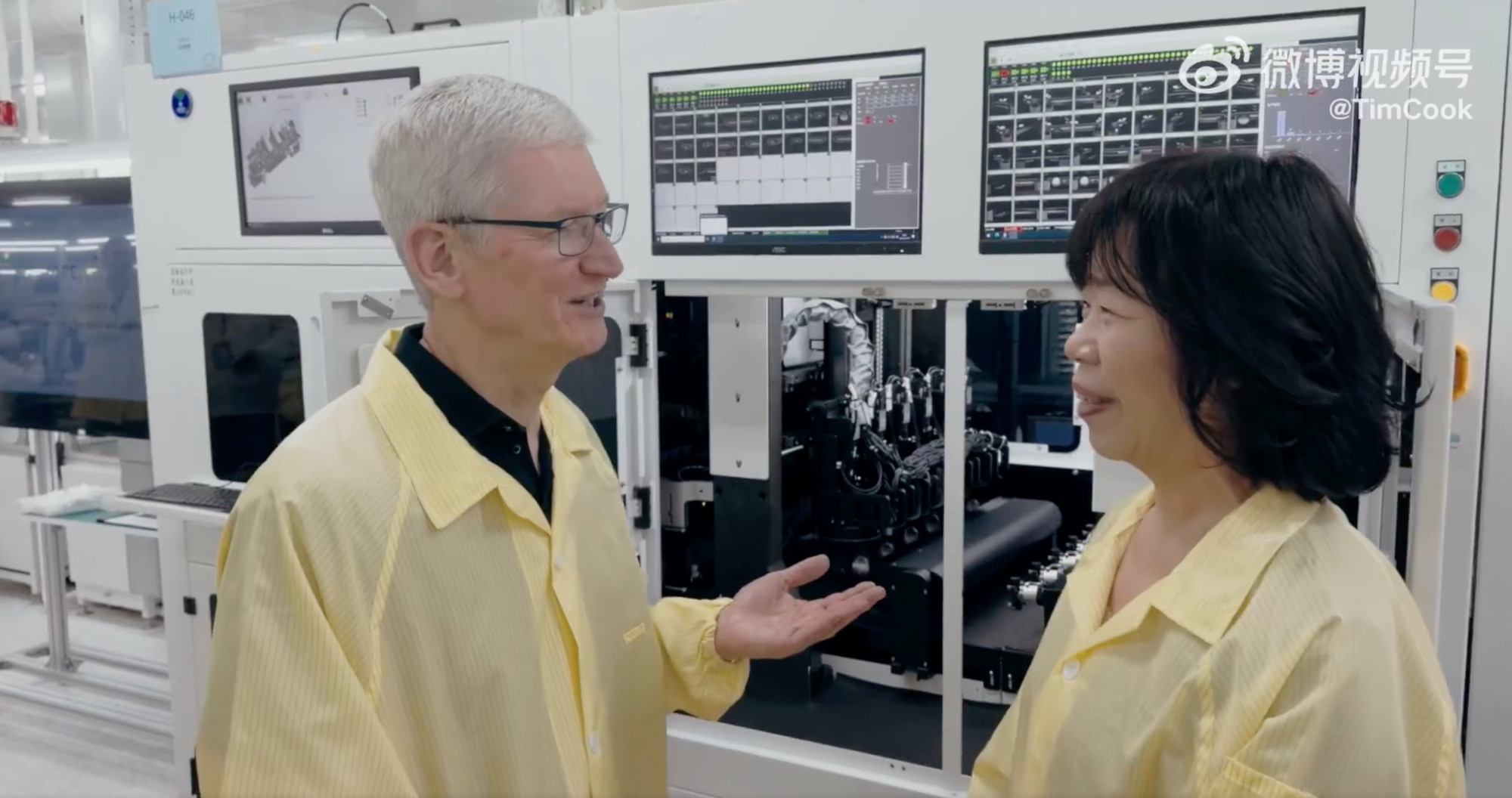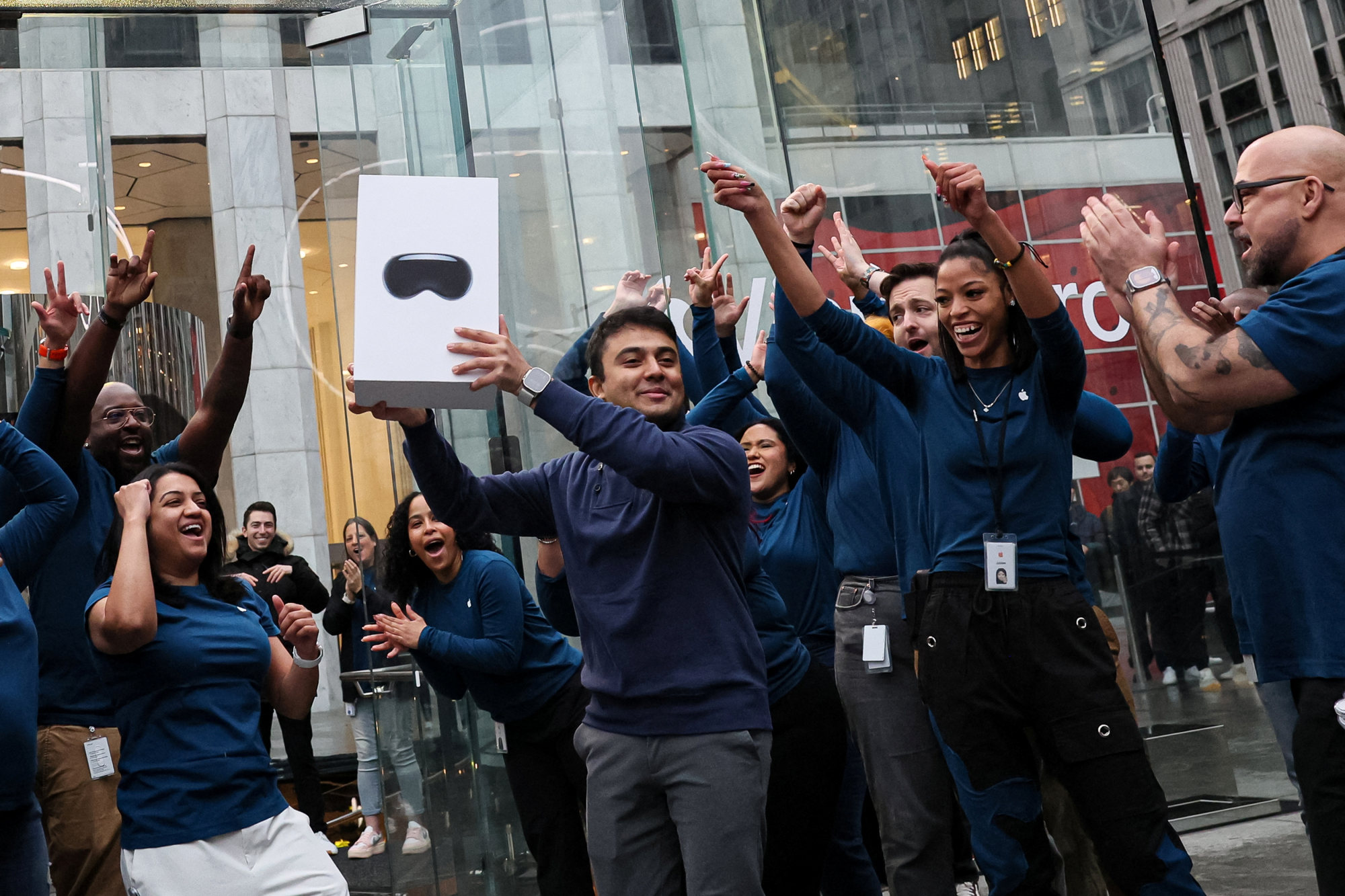
Apple’s Vision Pro mixed-reality headset obtains China quality certification ahead of official domestic release
- An Apple ‘wearable computer’, believed to be the Vision Pro, has received accreditation from product standards body China Quality Certification Centre
- This development lends credence to Apple chief executive Tim Cook’s assurance that the Vision Pro will be released this year on the mainland
Apple did not immediately respond to a request for comment.

The Vision Pro’s launch in new markets could be imminent. A report on Sunday by Bloomberg, citing people with knowledge of the matter, said Apple plans to release the headset to international markets after the company’s annual Worldwide Developers Conference next month.

High interest, however, may not immediately translate to strong sales when the Vision Pro is finally released in China, according to a research note published by Counterpoint last month. The Vision Pro and other new mixed-reality devices to be released this year on the mainland are expected to “only have a limited impact on boosting the sales volume in this sector”, Counterpoint said.
“With the target consumer group already purchasing through other channels, the market response is expected to be calm,” said Counterpoint senior analyst Ivan Lam, who pointed out that many domestic consumers interested in the Vision Pro may have already got their hands on the device ahead of its official China release.
The Vision Pro’s high price tag also limits its consumer base to high-end users, according to Lam. Still, Apple’s brand influence and innovation will “attract loyal fans and tech enthusiasts”, he added.

